Diesel Fired Steam Boiler
What boiler type is right for your facility? Gas, Diesel, or Electric is the normal option. There are many important factors to consider. Some of which are ease of use, emissions, and efficiency. All three impact boiler performance, initial cost, and the effect of the long-term boiler operating costs.
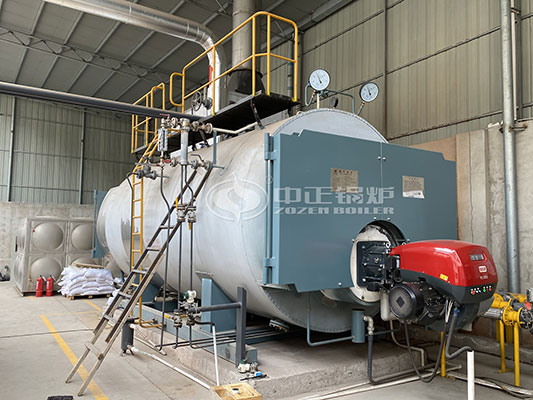
Boiler Fuel Types
Another way that boilers can be classified is by fuel type. The most common fuel types used in industrial boiler systems are as follows:
Coal: Most industrial coal-fired boilers run on crushed coal, which burns more efficiently than large coal clumps.
Gas and Oil: Gas-fired boilers operate using natural gas, most often a mix of methane, ethane, butane, pentane, or propane. Boilers that run gasoline, diesel, and other petroleum-based fuels are typically classified as oil-fired boilers.
Biomass: Some boilers even burn combustible plant material like wood chips, wood construction debris, and corn husks.

Combustion Types
Another way to distinguish boilers is by the way they achieve combustion. The aforementioned boiler types typically fall into one of the following combustion method categories:
Thermic Fluid: Thermic fluid heaters use a petroleum-based fuel inside a closed system. The closed system can lead to greater efficiency, although it is not ideal for certain applications.
Fluidized Bed: The most common method used for burning solid fuels in boilers today, fluidized bed technology involves a bubbling hot mixture of water and material particles (like sand) in which fuel is suspended. This allows for rapid heat transfer and cleaner, more efficient operations.
There are several different types of boilers within each category so be sure to explore different brands, models, and features when shopping.
Diesel fuel and gas burners on boilers require a fuel supply line, and a tank if diesel, propane, or heating oil is used. Diesel and gas boilers require a chimney and roof penetration to exhaust harmful CO and other emission products. Gas burners are more expensive than fuel burners, but all require periodic maintenance and tuning. In some areas, by law, you must pay a state inspector or independent testing agent to verify combustion emissions on a regular basis.

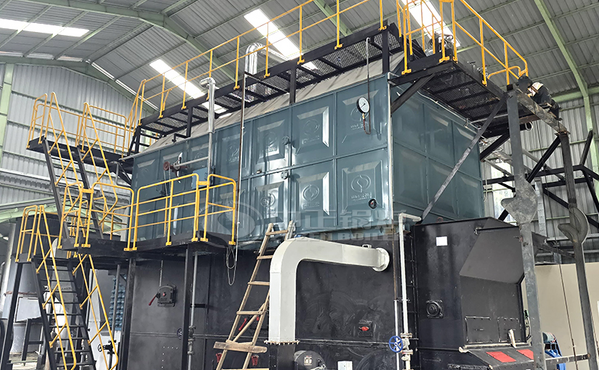
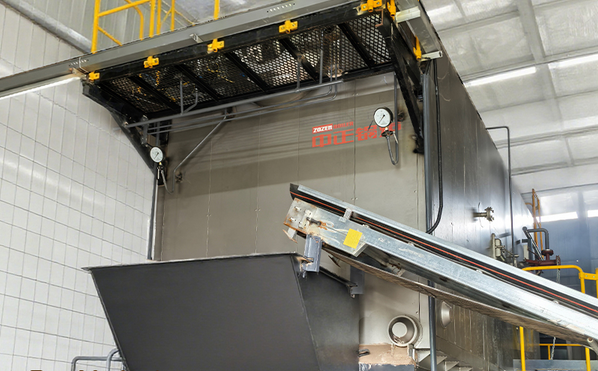
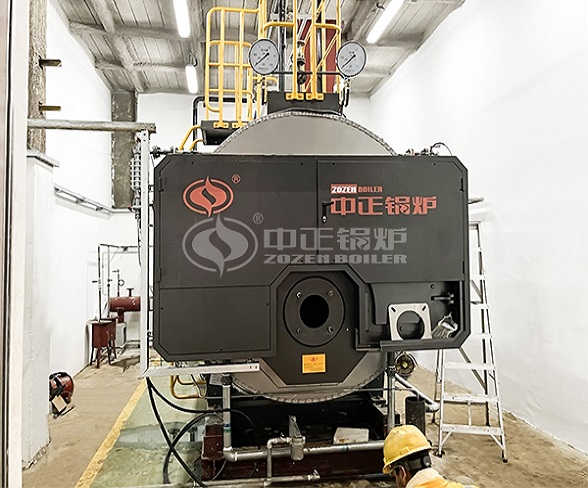
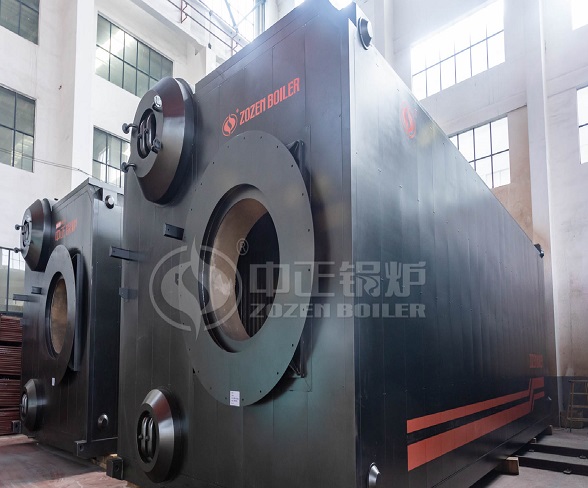
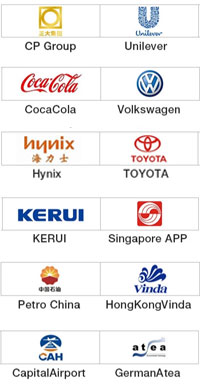

LEAVE A MESSAGE
For all inquiries, please fill in the form below (* are required) to send us a brief message, and we will get back to you as soon as possible.